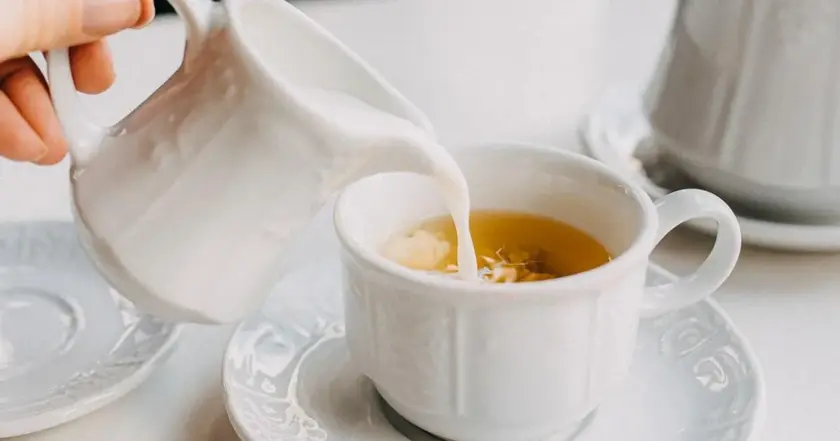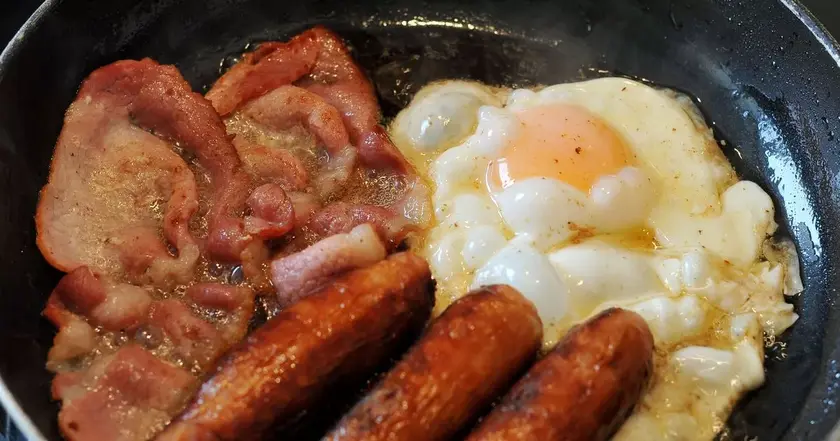T4K3.news
Hot drinks linked to higher risk
A UK study links very hot tea and coffee consumed in large amounts to a higher risk of oesophageal cancer.

UK research finds very hot tea and coffee, when consumed in large amounts, may raise the risk of oesophageal cancer.
Hot drinks tied to higher oesophageal cancer risk
A large UK study of almost half a million adults found that drinking eight or more cups a day of very hot tea or coffee is associated with a sixfold increase in oesophageal cancer risk, compared with people who do not drink hot beverages. The finding follows the 2016 decision by the International Agency for Research on Cancer to classify very hot beverages as probably carcinogenic to humans, a conclusion supported by studies in regions where hot drinks are common. Heat may damage the lining of the oesophagus and, over time, raise the chance of cancer developing, especially with high volume and rapid consumption. The study also notes that the risk is influenced by how hot the drink is and how quickly it is consumed, not just the type of beverage.
Researchers say temperature matters, and small sips over time seem less harmful than large, fast gulps. Some experiments suggest that sipping coffee at very high temperatures could increase injury, while others show that lowering the temperature reduces risk while keeping flavor. A target around 57.8C has been proposed as a balance between enjoyment and safety. Practical steps to reduce heat exposure include letting drinks cool for about eight minutes after pouring, stirring, blowing on the surface, opening the lid of takeaway cups, and adding milk or water. By adopting slower, mindful sipping, people can preserve the habit of hot drinks while cutting potential harm.
Key Takeaways
"The researchers came up with an optimum temperature of 57.8C."
from a temperature study on coffee safety
"Eight cups a day of very hot tea or coffee can make you six times more likely to develop oesophageal cancer"
reporting the UK study finding
"Slow down, take your time and enjoy"
Ho's practical advice on safe consumption
"Allowing time for a very hot drink to cool is important and a hot drink's temperature can drop 10-15C in five minutes"
discussion of cooling methods
The story highlights how health risks are communicated in the media. The headline can spark concern, but readers should understand that the cited risk comes from observational data and may reflect association rather than proven causation. Culture and daily rituals around tea and coffee complicate how people respond to temperature guidance. Clear messaging about safe temperatures, rather than warnings about hot beverages overall, helps avoid unnecessary panic and supports informed choices. The piece also shows the need for more human data and consistent temperature thresholds before broad public recommendations can be made.
Highlights
- Don’t rush the heat, protect your throat
- A slower sip is a smarter sip
- 57.8C is the compromise between flavor and safety
- Safer sipping can coexist with daily rituals
Health risk concerns over hot beverages
The link between very hot beverages and oesophageal cancer is based on observational data. Messaging should be careful to avoid panic and should emphasize safe temperatures and moderation.
Safer sipping can coexist with daily rituals.
Enjoyed this? Let your friends know!
Related News

Hot drinks heighten esophageal cancer risk

Foods Linked to Worsening Inflammation Identified

Microplastics found in everyday drinks

Cooling guidance under heat risk

Study links ultra-processed foods to lung cancer risk

Link between ultra processed foods and lung cancer risk identified

Fans may worsen heat risk when dehydrated

Legionella outbreak expands beyond New York City
